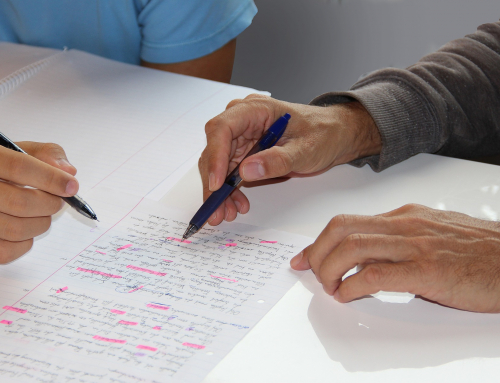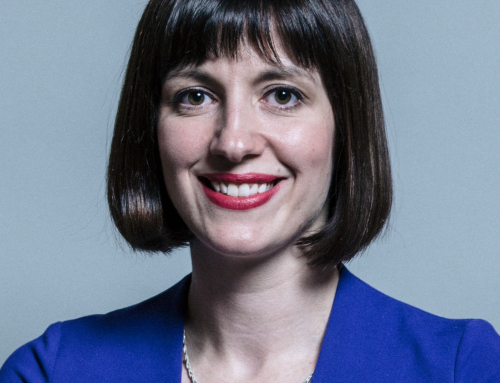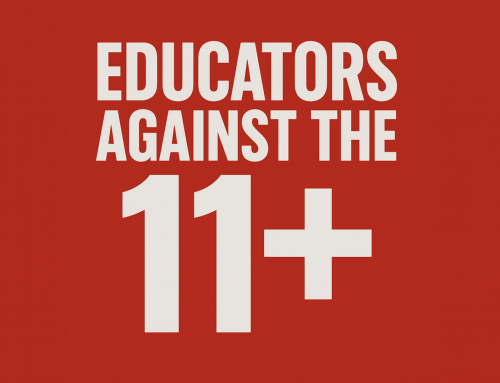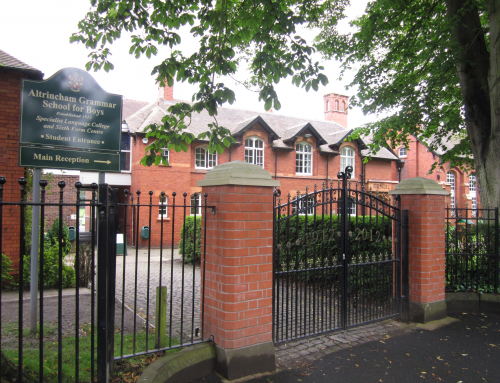 Is this really the best use of their summer?
Is this really the best use of their summer?
School breaks up in July, and across most of the UK, children enjoy a well-earned summer filled with outdoor activities, time with friends, and the freedom of play. But in selective parts of England, for many Year 5s, summer has become something else entirely; a season of stress.
Instead of beaches and bikes, some 10-year-olds are enrolled in algebra camps or sitting mock exams. A recent article about 11-plus preparation in Trafford exposed the misery of it all. One parent described the scene bluntly:
“There’s an entire cottage industry of private tutors who milk the parents.”
Another, who opposes the system but feels trapped in it, confessed:
“I love my children more than I love the principle of meritocracy, apparently.”
And for some families, the pressure starts shockingly early:
“Rebecca’s son is only in Year 4… and he’s already come home from school in tears due to the pressure of the 11-Plus.”
A summer of inequality
 The 11-plus has turned summer into a battleground for advantage. Intensive summer courses charge between £1,000 and £1,500 for just a few weeks of preparation. The content is narrowly focused: verbal reasoning, foundation algebra, spatial awareness, logical puzzles, all tailored to pass a test. These are not enrichment programmes. These courses are little more than test factories for children still in primary school.
The 11-plus has turned summer into a battleground for advantage. Intensive summer courses charge between £1,000 and £1,500 for just a few weeks of preparation. The content is narrowly focused: verbal reasoning, foundation algebra, spatial awareness, logical puzzles, all tailored to pass a test. These are not enrichment programmes. These courses are little more than test factories for children still in primary school.
Parents are told it’s necessary. That without it, their child will fall behind. Some spend thousands over multiple years. These expensive courses are often sold out, even months in advance.
And the logic is brutal: If a tutored child can gain 10 or 20 extra points over one who spent their summer playing, who stands a better chance of passing the test? Some families even skip their annual holiday to focus on exam preparation. Childhood, for many, is on pause.
Mock tests as a money spinner
Last year, Schools Week revealed how grammar school PTAs have turned mock 11-plus exams into a fundraising tool, making tens of thousands of pounds. With fees often around £60 per child, the schools are running a lucrative sideline in test anxiety.
As Dr Nuala Burgess, Chair of Comprehensive Future, said: “The selling of mock 11-plus tests is nothing short of a money-spinning racket. It offers the well-heeled yet another way to buy advantage and ensures that the poor and disadvantaged are kept out of grammar schools.”
Despite the criticism, all the grammar schools that ran these controversial tests in 2024 have continued the practice this year. In most cases the fees have gone up, with the St Olave’s parents’ association test the most expensive at £73. Grammar schools are making as much as £150,000 a year through PTA activity such as the selling of ‘mock’ tests (live and online) while some also sell 11-plus practice papers.
The real cost of selection
All of this points to one uncomfortable truth: grammar school entry is easier if you can pay. Children from lower-income families rarely have access to this level of preparation. Even if they do well at school, they’re starting from behind. When a child’s future depends on what their parents can afford, the system isn’t fair.
And for all our children, is this really how we want them to spend their summer?





